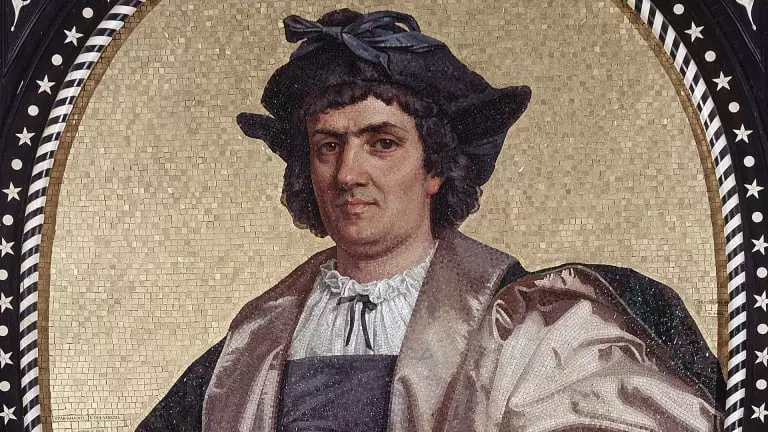Christopher Columbus is the man who founded America. At this time European imperialism and economic competition between kingdoms were occurring to create colonies and trade routes. Columbus was hired by King Ferdinand and Queen Isabella of Spain to find a coastal trade route to India to get involves in the spice trade, spread Christianity, and to claim new lands to beat out the Portuguese who were doing the same thing. The demand for a maritime route to India was because at this time China and Japan had cut ties with the outside world making the trade by land more difficult. He wrote his diaries to document his expedition to India, how he got there and all the things he saw
The paradise Found and lost written by Daniel J Boorstin’s The Discoverers depicts the emotions of Columbus, his hopes and ideas. Boorstin, was the former Librarian Congress takes the reader through his literary work of a one mans struggle trying to locate the Western passage to the wealth of the East. Paradise Found and Lost relays the about the tenacious spirit of Columbus. And he failed more than once finding his way to Asia In Boorstin’s article “Heaven Found and Lost,” it clarifies the way of life and setting behind Columbus’ voyages to the New World. On these voyages, Columbus was trying as opposed to going the distance around Africa you could go straight west over the Atlantic to get to Asia. He needed to locate a more straightforward course to “The Indies.” in all actuality, Columbus did not accomplish his objective. At to begin with, he arrived on the shores of Cuba and the islands encompassing and trusted that it was “The Indies.” He reached this conclusion through his discoveries in plants and blossoms that intently looked like plants portrayed to be local to just Asia. His first voyage was a voyage of investigation, yet when he backpedaled to Europe to clarify his discoveries plants alone was not simply enough to persuade the general population that he had achieved what he set out to do. This prompt the second, third and fourth voyages.
The similarities in the readings are that the culture during Columbus’ time was the time of exploration. Countries in Europe were racing to find new land to colonise and faster easier routes to reach Asia for trading. Columbus’ later voyages were more voyages of confirmation. He believed that he had found Asia but was looking for proof so that the rest of the crew and England would consider him as well. Columbus was worried that if he came back with nothing and only his belief that he had found Asia he would no longer be able to sail. So he made the crew sign a deposition saying that they did, in fact, see reach “The Indies.” Boorstin wrote this article with a different spin on the Columbus story. In his article, he hinted at the fact that Columbus made the later of his voyages not for the king and not for exploration but himself. Boorstin made it seem like Columbus needed to prove to others that he found “The Indies” even though he believed it himself. Columbus felt that if he found the sea passage into the Indian Ocean, then others would understand him. Unfortunately, Columbus died on his fourth voyage. And as he died, he thought he was sailing the coast of Asia.
